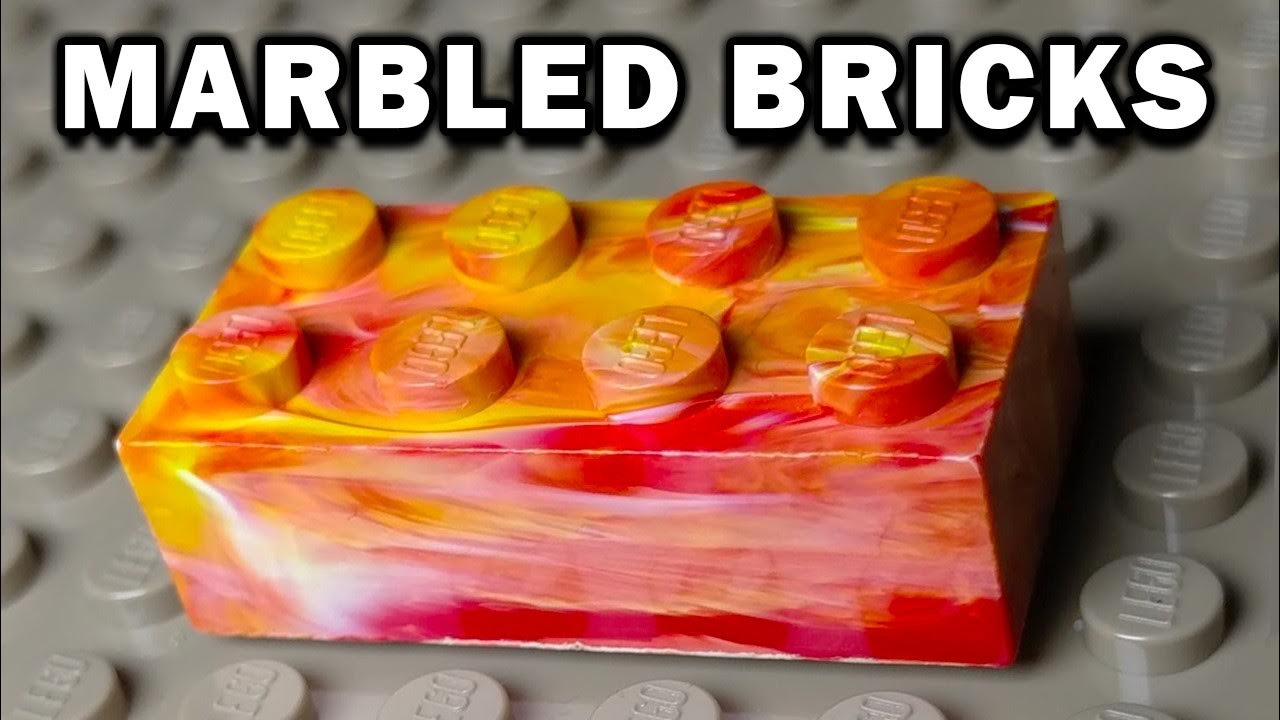It seems these bricks were made in the late 1970s without Lego’s authorization, by rogue employees developing new types of plastic and experimenting with their molds and various plastic colors.
It is unknown just how many of these bricks were made, but they are extremely valuable, and in my opinion and many others, very beautiful.



Injection molding in steel molds is the way to go. It can be done at home, but only by the most serious of hobbyists. (Hell, I could probably make an aluminum mold or two, now that I think about it. At $500 a pop, it could be worth the time…)
The lego tolerances are so tight you would not get it accurate by a hobbyist, many mould makers have struggled with how tight the tolerances have to be. You even have to account for ambient tenoerature when cutting the steel in case your nold has expanded from cutting heat and environment temperature as well as typical cutter wear and deflection, and then there is the polishing aspect
What I was able to find is that bricks need to be within 10 microns and that is so they can reliably fit with Legos made over the last 50 years, or something like that.
Also, the shrinkage of the ABS is probably what would drive me crazy. The shots of plastic would need to be super consistent in a mold that was specifically designed with the properties of the plastic in mind.
Since I have never done injection molding or even cut molds, it would be a cool project to attempt, just for lulz.
(There are other ways to get the desired result that would be good enough to make the sale, but I won’t get into that.)